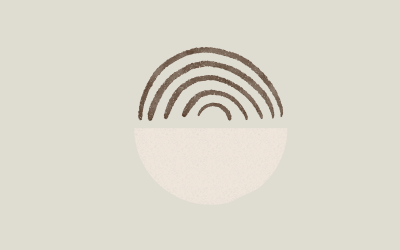Depression is a common mental health disorder that affects millions of people worldwide. Despite how prevalent depression is, it is a complex mental health condition that can manifest in a variety of ways. This can lead to difficulty recognizing and diagnosing depression. In this article, we will explore some common signs and how to identify them.
Persistent sadness or feelings of emptiness
One of the most common signs of depression involves persistent sadness or feelings of emptiness that lasts for at least two weeks. Individuals with depression may feel a sense of hopelessness or helplessness and may have difficulty finding joy or pleasure in activities they once enjoyed.
Changes in appetite and sleep habits
Depression can also cause changes in appetite and sleep patterns. Individuals with depression may experience a significant increase or decrease in appetite, which can lead to weight gain or loss. Similarly, they may have changes in sleep patterns, experiencing either insomnia or oversleeping.
Fatigue and low energy
Depression can cause individuals to feel tired and sluggish, even if they have had a good night’s rest. This can make it difficult to find the motivation to carry out daily activities or to find the motivation to do things they once enjoyed.
Difficulty concentrating
Depression can also affect an individual’s ability to make decisions and to concentrate. Due to this difficulty with focusing on and completing tasks, performance at work and school may be directly impacted.
Feelings of guilt or worthlessness
Individuals with depression may feel guilty or worthless, even if there is no rational reason for these feelings. The way this may manifest is by criticizing themselves harshly or feeling like they are a burden to others.
Loss of interest in activities & withdrawal from social situations
Depression can cause individuals to lose interest in activities they once enjoyed or withdraw from social situations and isolate themselves from others. They may feel that they are a burden to others or that they are not worthy of love and support.
Physical symptoms
Depression can also cause physical symptoms, such as headaches, muscle pain, and digestive problems. These symptoms can be difficult to explain and may be mistaken for other medical conditions.
Thoughts of self-harm or suicide
Individuals with depression may feel that life is not worth living, or they may feel trapped and hopeless. Consequently, depression can lead to thoughts of self-harm or suicide.
It is important to note that not everyone with depression will experience all of these symptoms and the severity and duration of these symptoms can vary from person to person. If you or someone you know is experiencing any of these signs, it is important to seek help from a mental health professional. With the right treatment and support, individuals with depression can learn to manage their symptoms and regain control of their lives.
If may think you or a friend you know are struggling with depression we wrote an past article on “Does Counselling Help with Depression?“. It’s a great read and may help you or someone you know get back to thriving again.





